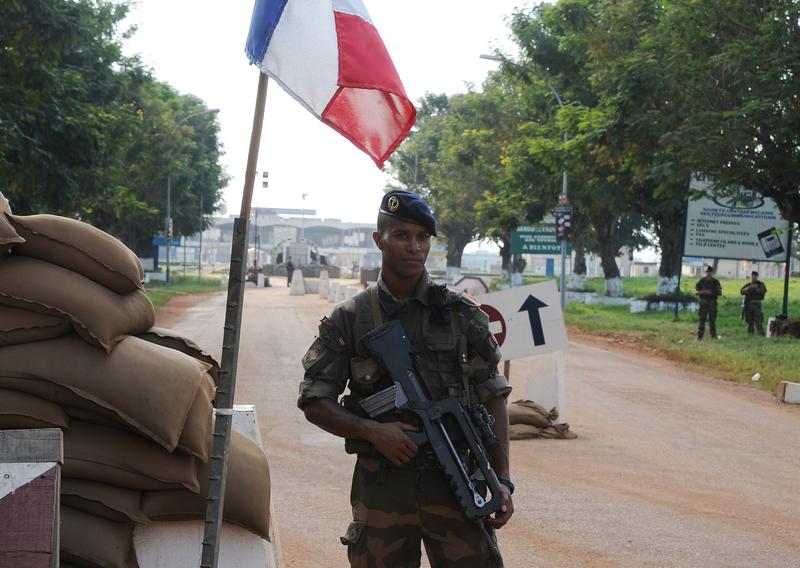
The French government has shaken up its intelligence leadership, marking a significant shift in its approach to Africa and reflecting on recent stumbles on the continent.
The move comes as Russia and the United States ramp up their own engagement in the region.
Nicolas Lerner, previously head of the domestic intelligence agency DGSI, has taken over the reins of the Directorate General of External Security (DGSE), France’s external intelligence service.
His predecessor, Bernard Émié, faced mounting criticism for the agency’s perceived failure to anticipate crises in Mali, Niger, and Burkina Faso – former bastions of French influence now grappling with coups and instability.
Lerner, known for his operational experience and leadership skills, faces the dual challenge of revitalizing the DGSE and rebuilding France’s influence in Africa.
The recent war in Ukraine, where French intelligence misjudged Russia’s intentions, further solidified Émié’s departure.
Meanwhile, Céline Berthon takes over the DGSI, bringing a fresh perspective to domestic security. Her appointment aligns with broader concerns about Russia’s growing presence in Africa, particularly in Mali, Burkina Faso, and the Central African Republic.
Moscow’s alternative security model finds traction among some governments, as evidenced by the recent recapture of the Malian city of Kidal with Russian support.
The United States is also vying for influence, exemplified by its negotiations with Bancroft Global Development in the Central African Republic. This resource-rich nation has become a key strategic prize for major powers, further complicating the geopolitical landscape.
Lerner and Berthon’s appointments signify more than just internal reshuffling.
They represent a French government adapting to a complex and competitive African landscape, where old certainties no longer hold. Regaining influence necessitates reevaluating strategies, anticipating new threats, and navigating the growing presence of other major players.
France’s success in Africa will hinge on its ability to adapt and redefine its approach in this increasingly dynamic and critical region.
